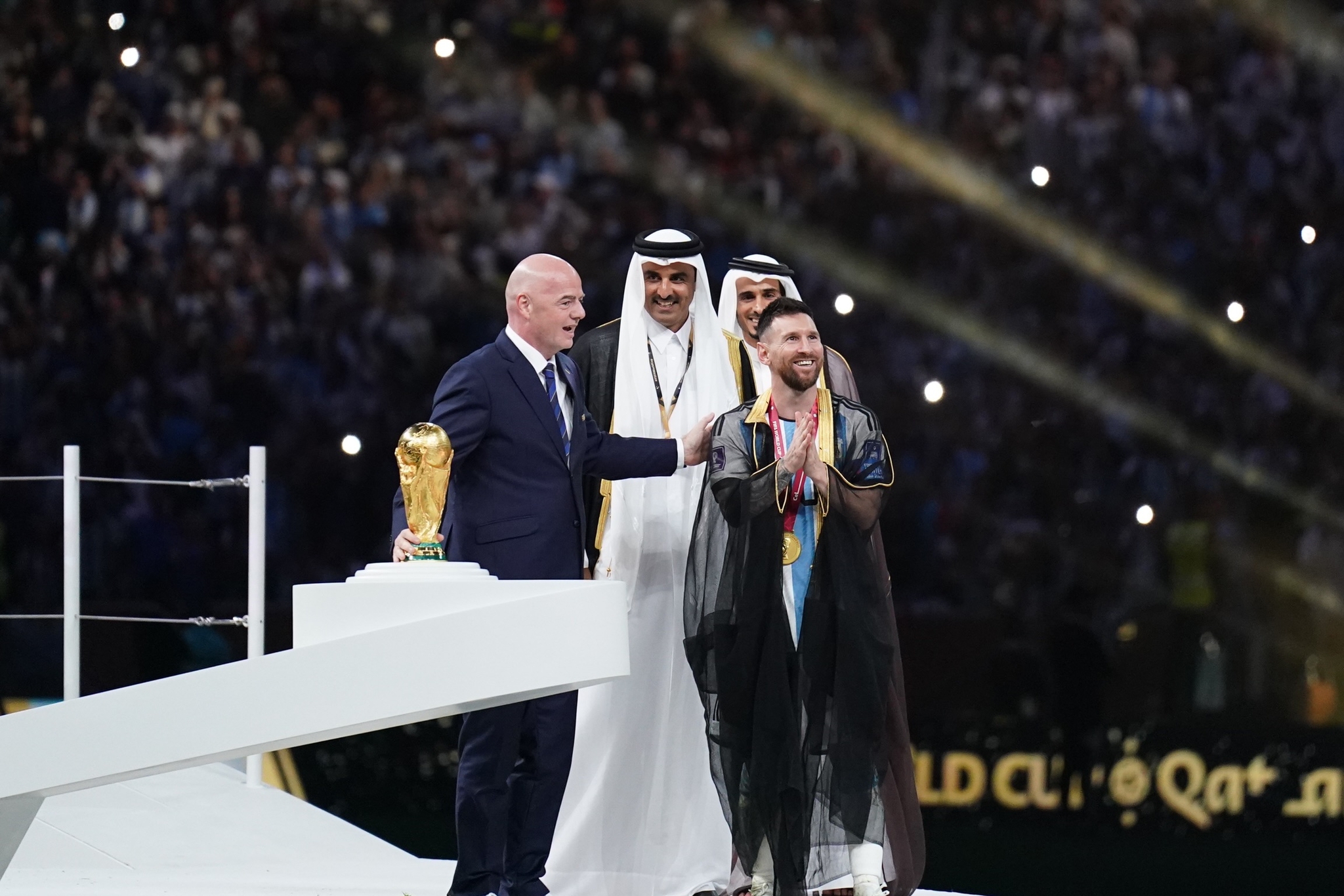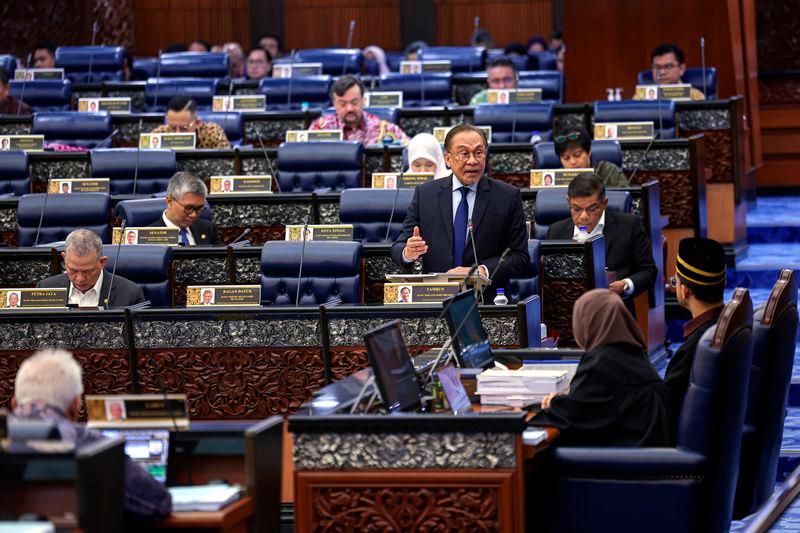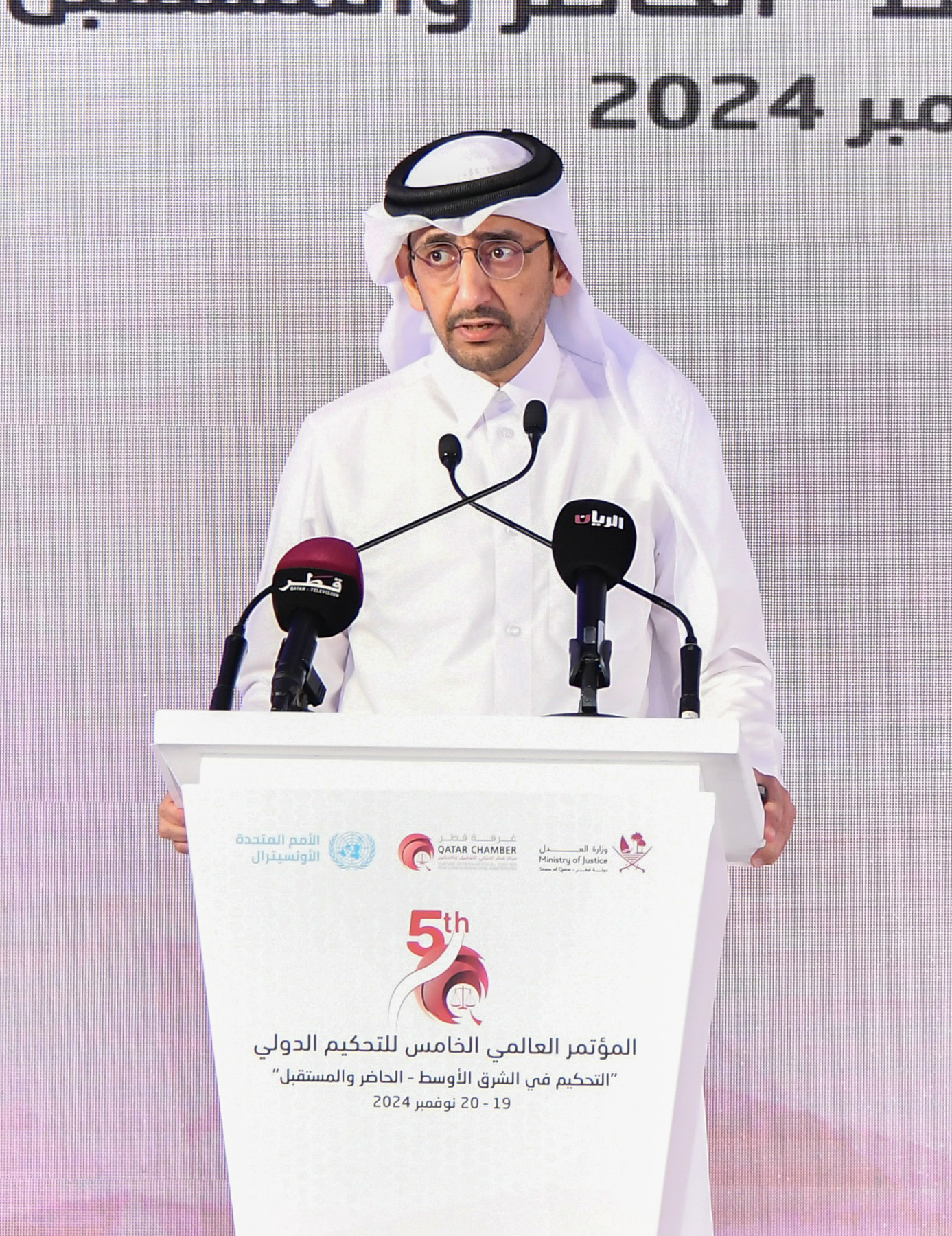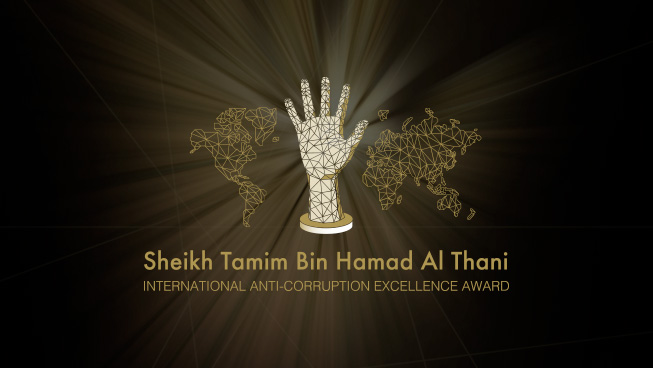Western media criticism of the first World Cup hosted in an Arab country has been seen as an ‘old Orientalism refashioned for modern audience’.
The word ‘bisht’ topped the list of the most searched topic worldwide on Google, after Argentine star player Lionel Messi was draped in the traditional Qatari garment during his celebration of winning the 2022 Qatar World Cup.
Bisht also became the most searched in a number of countries, namely Qatar, Ghana, Sweden, the United Arab Emirates, and Argentina, a report by Eekad revealed.
Messi was draped in a black garment lined with a gold design, locally known as ‘bisht’, by Qatar’s Amir Sheikh Tamim bin Hamad Al Thani. For the Arab hosts of the region’s first World Cup, the gifting of the bisht was a symbolic a part of Arab culture in honouring guests.
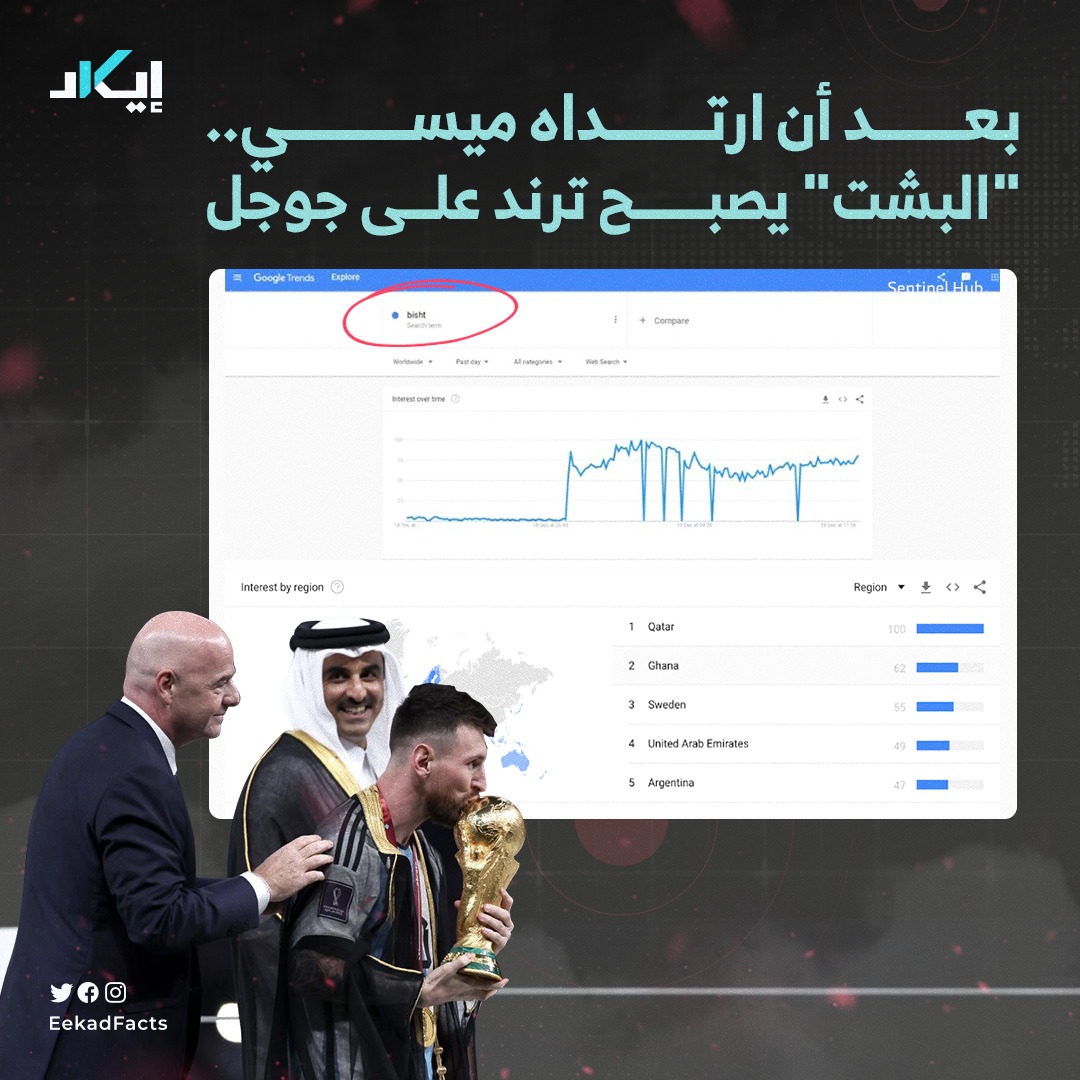
The bisht is a traditional men’s cloak, part of the region’s ancient heritage, and is worn in special ceremonies.
This coverage took centre stage when Messi finally lifted the trophy that had escaped him for many years, where millions of eyes across the globe were anticipating arguably the greatest moment in football history.
“The image, of Messi covered and cloaked in the traditional Qatari garment, symbolised union. Even more so, cultural harmony between an Argentinian icon who will always be remembered for cementing his legendary career in Qatar, an Arab and Muslim nation that, like him, was underestimated for its size and stature,” penned Khaled Beydoun, a law professor at Wayne State University and the Berkman Center at Harvard.
Racism and Islamophobia
Whilst the act of gifting Messi a bisht received praise on social media in the region and beyond, it didn’t fail to trigger racism from Western pundits and journalists.
BBC pundit Pablo Zabaleta asked “Just why? There’s no reason to do that,” while BBC host Gary Lineker said it was “a shame they’ve covered his shirt” during what was “a magic moment”.
Meanwhile, ESPN journalist Mark Ogden described its as a barber’s “cape” while HITC Sport’s Dylan Walsh compared the traditional clothing to a “Victoria Secret robe”. Both of those tweets have now been deleted and the journalists issued watered down criticism of the moment.
The Telegraph referred to it as “the bizarre act that ruined the greatest moment in World Cup history,” while an Australian media site charged Qatar with “hijacking” Messi’s moment—a word used particularly disparagingly of Arabs, wrote Beydoun.
“It should come to no surprise that the vast majority of this tirade came from Britain, the faded empire that replaced the spilling of colonised blood with the modern spilling of postcolonial ink,” Beydoun said.
Western media criticism of the World Cup hosted in Qatar has been seen as an ‘old Orientalism refashioned for modern audience’.
Explaining the iconic move, Hassan Al Thawadi, secretary general of Qatar’s tournament organising committee, told BBC Sport “it is a dress for an official occasion and worn for celebrations”.
“This was a celebration of Messi. The World Cup had the opportunity to showcase to the world our Arab and Muslim culture. This was not about Qatar, it was a regional celebration.
“People from different walks of life were able to come, experience what was happening here and get to understand that we may not see eye to eye on everything, but we can still celebrate together.”
Amid the storm of anger and complaints, many social media users pointed out the symbolic gesture in the move and the pride they felt as the traditional Qatari garment was embraced by the superstar.
“Everyone is complaining about how Messi wore the Qatari Bisht. But he doesn’t seem bothered at all. LOOK AT THE CONFIDENCE. The truth is Europeans just can’t fathom the fact that an Arab country just hosted probably the best World Cup from the games to the organisation,” one such Twitter user said.
Making a reference to the symbolism and metaphor behind the Amir’s decision to dress Messi in the ‘bisht’, another user said: “I’m probably in the minority here but I thought Lionel Messi wearing a bisht was a nice touch. Bishts are given to Arab warriors after a victory in battle or to royalty… Messi just won the greatest battle of them all and confirmed himself as the king of football.”

